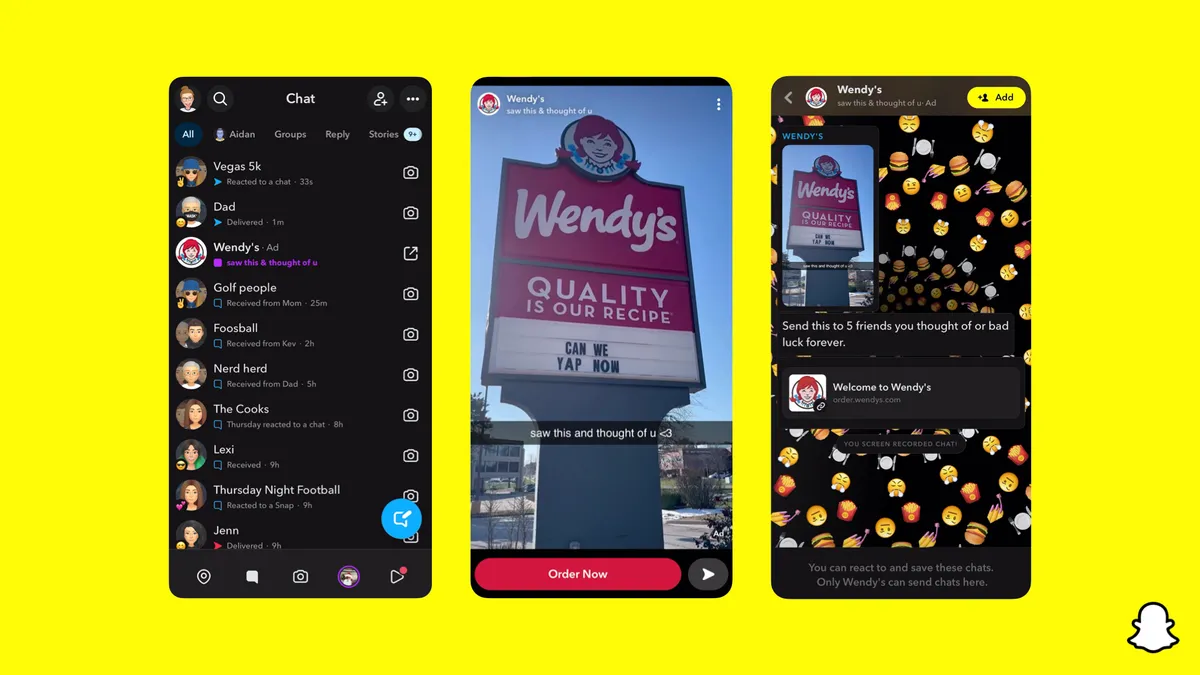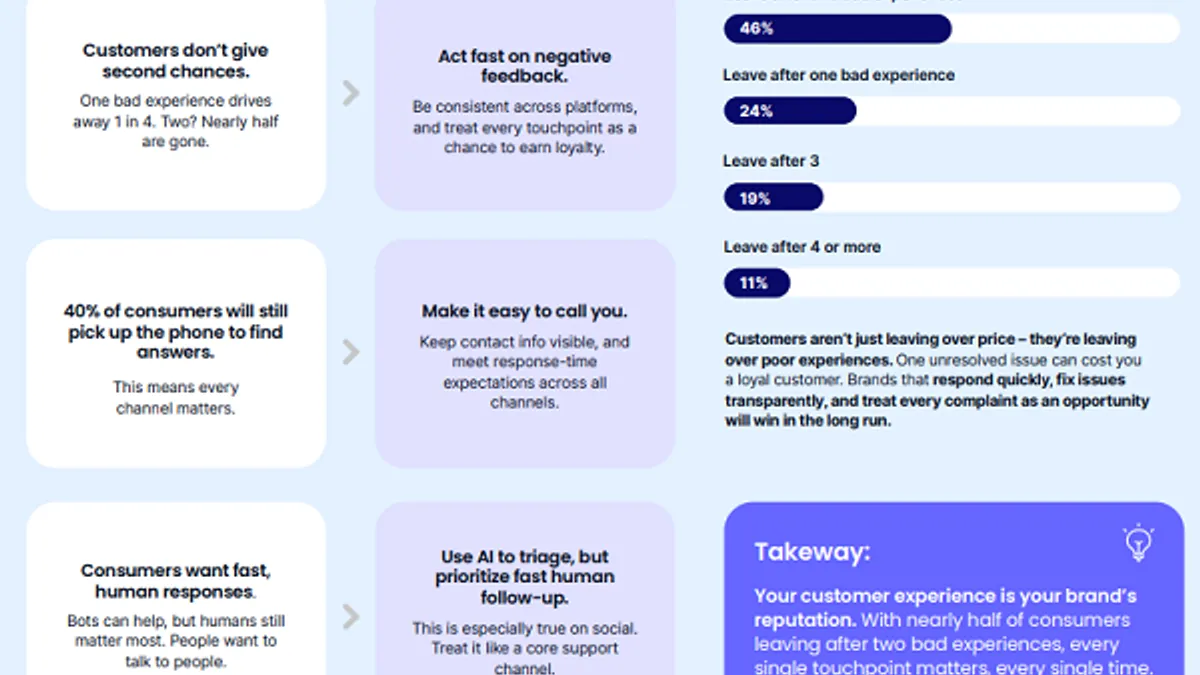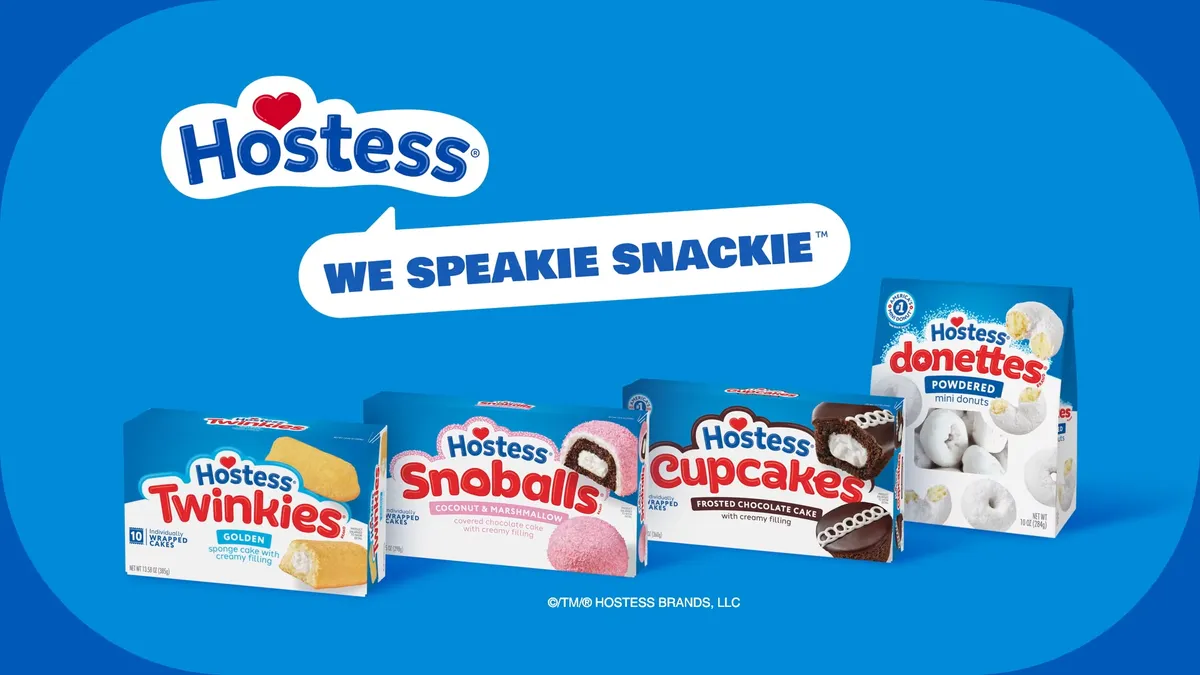Influencer marketing is having a moment. The tactic has become so popular — and, presumably, effective — even the Clinton campaign used it for a final voter push this election.
For engaging young demos who are increasingly wary of any advertising that looks like, well, advertising, organic social outreach is now key for digital and mobile-minded marketers. Influencer campaigns — wherein creators on platforms like Facebook, Instagram, YouTube or even personal blogs share brand-sponsored content — are particularly appealing in the space because they can feel like a genuine product recommendation from a trusted source rather than an intrusion hovering at the sidelines.
However, some inherent qualities of influencers make it difficult for marketers to obtain solid success metrics for determining ROI.
More importantly, the blurring of what constitutes organic and sponsored content has recently sparked a hotbed of controversy, with the Federal Trade Commission (FTC) instating guidelines to ensure proper disclosure from influencers. The effort has lead to a number of marketers getting slapped with up to 20 years of sanctions for failing to police influencers that pushed content without properly communicating it was paid for.
The FTC has also indicated it is prepared to further tighten its disclosure policies, citing that simple hashtags like #ad, #sp or even #sponsored might not be adequate.
Brands are often held fully accountable by the FTC, despite influencers and their agencies often having final say on how a post goes live and what sort of disclosure that entails. Research has found internal meddling can be prevalent throughout that content pipeline: The marketing firm SheSpeaks reported that 25% of influencers have been asked not to disclose sponsored content as paid for by their brand partners.
Despite the troubling numbers, some influencers work to stay on the right side of transparency.
“We feel strongly that both parties are responsible for making sure that there is appropriate disclosure," Danielle Wiley, CEO of the influencer marketing firm Sway Group, told Marketing Dive. "Even if a brand doesn’t insist on it, we want our influencers to always do the right thing and to behave in a way that is both admirable and ethical.”
“If they don’t, they risk losing the respect of their audience which lessens their effectiveness within our network," she continued. "There is more of a focus on disclosure now as a result of the FTC guidelines, but high quality influencers and agencies have always been above board.”
Wiley added that the FTC will likely continue to step up enforcement given the amount of publicity around recent crackdowns. To avoid being at the center of one of those crackdowns, marketers and their influencer partners have a few strategies they can follow.
How to handle disclosure
Anne Murlowski, a blogger at RockyMtnBliss.com, a site where she shares paid content, told Marketing Dive that the FTC guidelines require disclosure that is easy to find, read and understand for a general audience.
However, she noted the intricacies often go far beyond simply stating 'this is an ad' and being done with it.
“If I receive a product in exchange for sponsored content, I will share that the item was provided but I was not paid for my opinion,” she explained. “If I receive both product and payment in exchange for sponsored content, I will state that the opinions are my own, but I was compensated for the endorsement. In addition I will use either the word/hashtag ‘Sponsored’ or ‘Ad’ on any mentions of the brand or product.”
Murlowski said that when an influencer is diligent about disclosure in this way, it demonstrates to brands that they are trustworthy. As for marketers, Murlowski advises to err on the side of caution and always review sponsored content to make sure the disclosure is clear and conspicuously displayed, and, if not, to ask the influencer to rephrase in more transparent terms.
“Most legal teams will recommend that a disclosure be posted prior to the start of content and be very specific in the language,” the blogger said.
However, she did have some reservations about disclosure being so intrusive as to disrupt the "natural flow of experiencing the content."
While preserving narrative cogency should be important for any marketer, it is absolutely essential to approach the FTC guidelines with careful consideration. The best solution for those experimenting in the space is to always keep an eye on the guidelines and to work closely with their legal teams to figure out best practices.
No campaign is worth the risk if it can result in two decades of sanctions.
A contested space
Properly disclosed, creatively driven influencer campaigns are ultimately an invaluable tool for getting in touch with socially and digitally minded customers, arguably more so than traditional ad formats.
“Consumers are much more likely to be engaged with a brand message that is shared by an influencer with whom they already have a relationship rather than a marketing message from a brand itself,” said Wiley. “We encourage the brands we work with to make sure they are sharing content that is of interest to their target demographic [...] By sharing a variety of content, they become part of their consumers' community and not just a big company trying to sell something.”
Those facilitating branded content with their fans agreed.
“Consumers trust the opinions of influencers more than traditional advertising media," Murlowski said. "Building a relationship with influencers who love and appreciate your brand can have a lasting positive impact on the ROI of your media spend.”
But while the FTC doubles down on online sponsorships, Wiley highlighted one area that has been more exempt from disclosure requirements — TV and print ads.
Though there’s a clear difference in how consumers engage digital branded content versus traditional formats — it’s safe to assume a sponsor was paid in the latter's case — Wiley's argument broaches how online guidelines are increasingly stricter than they are for more old school platforms like TV.
The disparity likely stems from regulators being less familiar with digital overall, often working overtime to adjust to its rapidly evolving landscape, just as marketers do. In that regard, being overly cautious is probably a safer bet for the FTC, and other regulators like the FCC are taking a similarly stringent approach through the introduction of user opt-in consent when it comes to collecting data — a move which has similarly earned the ire of those in the advertising industry.
While many lean toward looser standards overall for new media, others want traditional media regulations to match what's been put in place for tactics like influencer marketing. It's an ongoing and especially important question for any marketer to consider.
“What we would love to see is a move to hold traditional sponsorships to the same standards of disclosure to which online sponsorships are held,” Wiley said. “Traditional media rarely has the same level of scrutiny around sponsorship language and disclosure. It’s high time that television and print be forced to disclose to the same extent that digital does.”






















